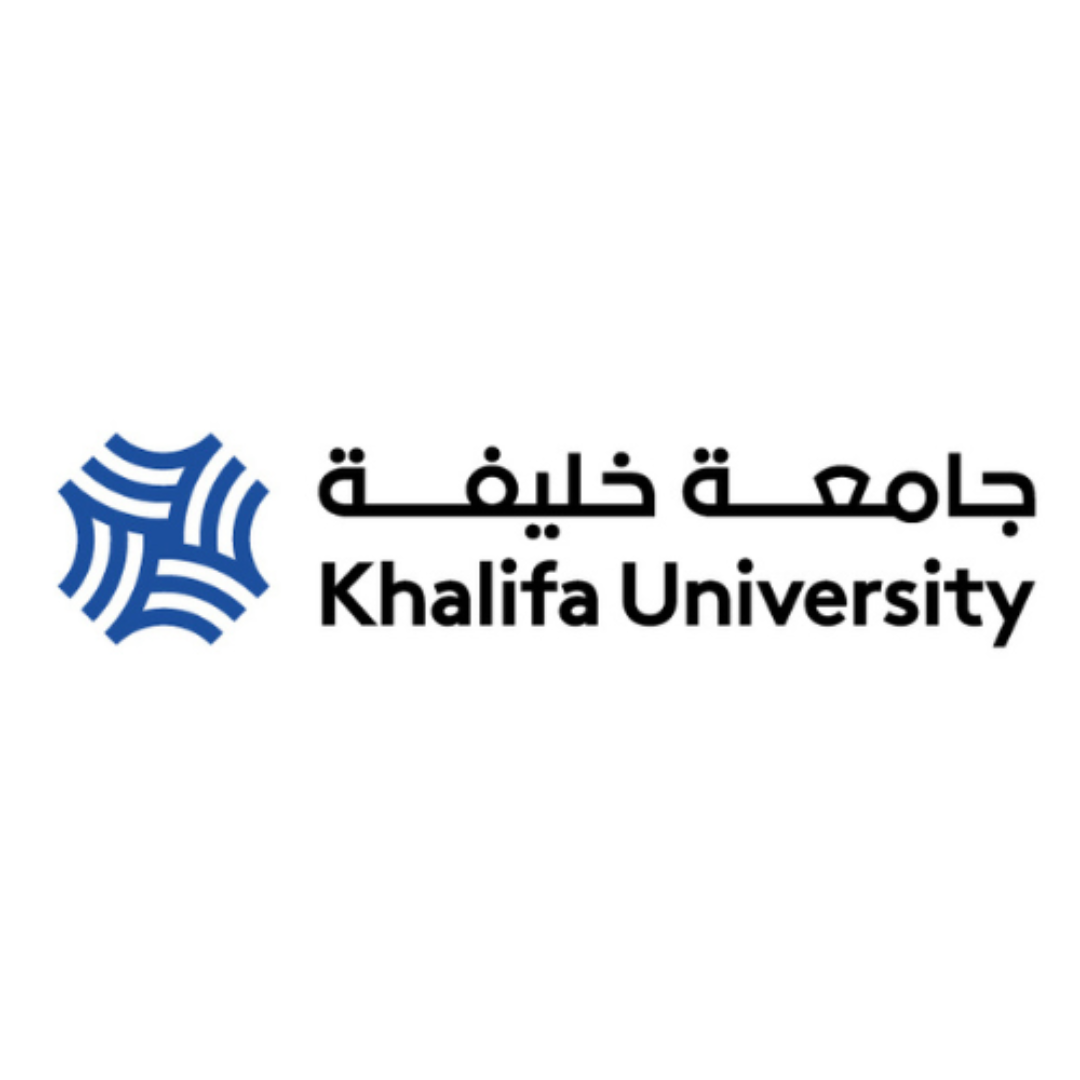Year 1 Modules: Refer to CK600
Year 2 Modules: Design Studio I; Engineering Mechanics with Transform Methods; Numerical Methods and Programming; Solid and Structural Mechanics I & II; Fluids; Surveying – Theory & Practice; BIM1: Modelling and Visualisation; Heat Transfer; Mathematics for Engineering; Applied Probability and Statistics.
Year 3 Modules: Design Studio II & III; Solid & Structural Mechanics; Mechanics of Soils I & II; Construction Project Management; Hydraulics; Geology for Engineers; Environmental Engineering - Wet; Energy in Buildings; Materials and Sustainability; Sustainable Energy.
Year 4 Modules
BE Pathway
Core: Design Studio IV (Reinforced Concrete); BE Project in Civil and Environmental Engineering; Architecture and Planning; Structural Analysis; Geotechnical Engineering; Water and Wastewater Treatment; Environmental Hydrodynamics.
And Either Environmental Hydraulics; Design Studio VI (Environmental) Or Energy Systems in Buildings; Design Studio VII (Building Energy).
Electives: Traffic and Highways; BE Work Placement; Bridge Engineering; Entrepreneurial Business Start-ups; Energy Systems in Buildings; Environmental Hydraulics.
ME Pathway
The first part of Year 4 consists of six core technical modules, to develop your technical skills and allow access to the more advanced Masters modules in Year 5. From January to August you will have a work placement in Industry or Research Institute to further develop your skills in a practical environment. Professional lectures are held in the first semester to help support the skills needed to work effectively at an advanced level within a corporate environment.
Core: Design Studio IV (Reinforced Concrete); Architecture and Planning; Structural Analysis; Geotechnical Engineering; Water and Wastewater Treatment; Environmental Hydrodynamics; Traffic and Highways.
Year 5 ME Modules
Entry to master’s degree programmes, subject to entry requirements.
Core: ME Dissertation; ME Interdisciplinary Design Project; Civil Engineering Systems Analysis; Architecture and Planning; Entrepreneurial Business Start-ups
Electives: At most one from: Environmental Hydraulics Bridge Engineering; And no more than three from: Finite Element Analysis; Transportation and Energy; Elasticity; Harbour & Coastal Eng.; Energy Systems in Buildings; Biomass Energy.
Course Practicalities
Expected lecture/lab/practical
hours
Classes consist of lectures, tutorials and laboratory practicals, totalling 20-26 contact hours per week during 24 weeks of the year, divided into two semesters.
Assessment
Written exams will take place before Christmas and in May. Not all modules will have formal examinations. Many modules use other types of assessment.
Yearly course grades are based on a balanced combination of continuous assessment and written examinations, organised at an individual module level. The final degree grade is based on a weighted combination of the marks from Year 3 and Year 4.
Show less











